22 February 2025
Alright, it’s time we talk about something that’s been on the minds of gamers and sports fans alike: e-sports. Now, before you roll your eyes or think, "Oh, come on, how is playing video games a sport?", hear me out. The gaming world has grown massively over the last few decades, and e-sports is no longer just a hobby for teens in their basements. It’s a global phenomenon with millions of fans, jaw-dropping prize pools, and elite players who train like Olympians. So, why should e-sports join the prestigious ranks of the Olympic Games? Let’s dive into this pixelated battlefield of arguments, shall we?
The Rapid Growth of E-Sports: A Modern-Day Revolution
First off, let’s look at the sheer numbers. E-sports is no small fry. According to industry reports, the global e-sports audience surpassed 500 million viewers in recent years. To put that into perspective, that’s more than the population of the United States and almost as much as traditional giants like football (or soccer, depending on where you’re from). And the prize money? We’re talking about tournaments like The International handing out over $40 million in winnings. That’s not pocket change, folks.But it’s not just about the money or the viewership. E-sports is cultural. It’s a thriving ecosystem of games like "League of Legends," "Counter-Strike," and "Dota 2" that bring people together across continents. It’s the language of a generation that grew up with joysticks in hand and strategy guides bookmarked. Doesn’t that sound like the kind of energy the Olympics would want to tap into?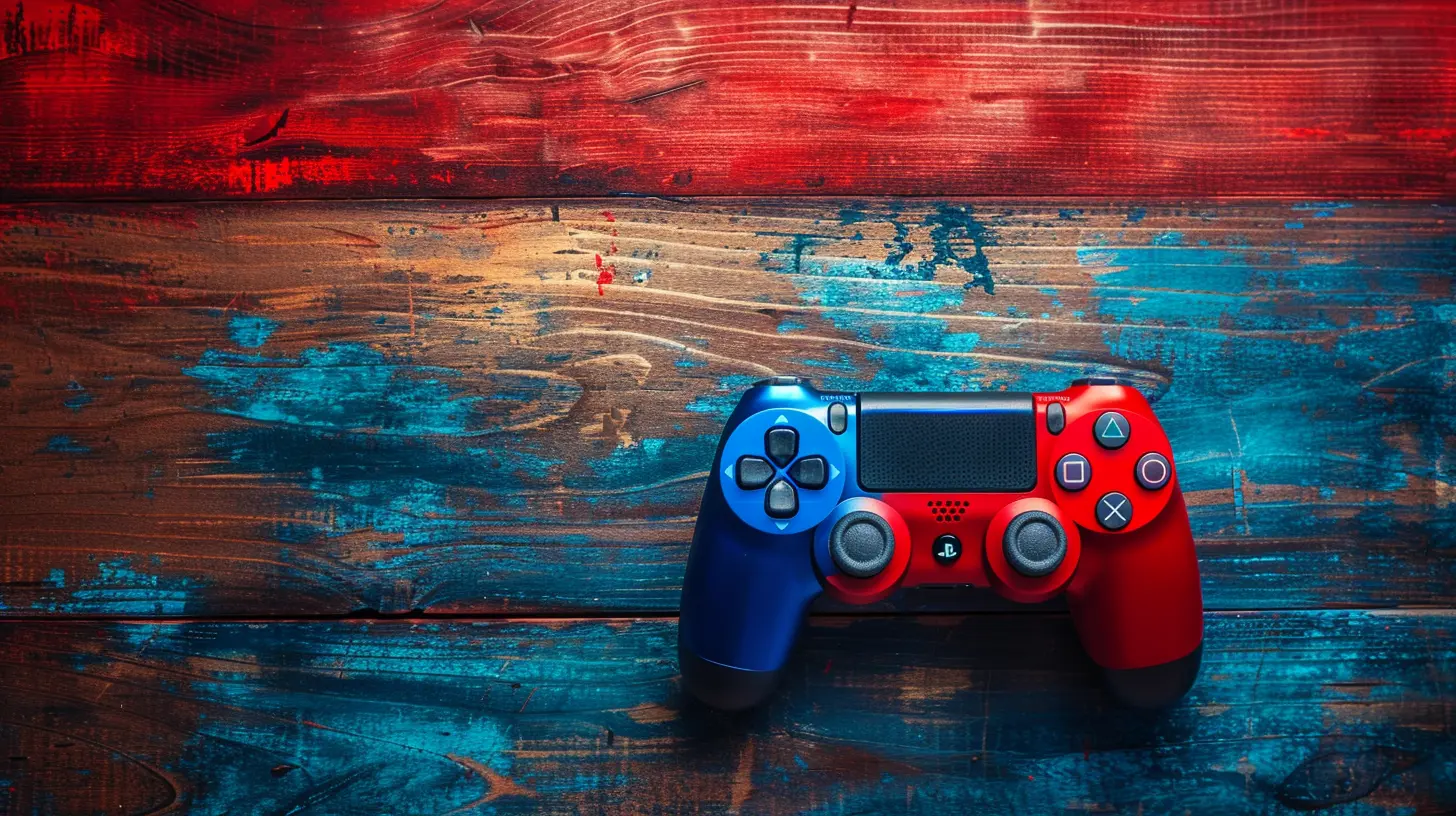
What Even Defines a Sport?
Alright, let’s address the elephant in the room—or should I say, the cartridge in the console? One of the biggest pushbacks against e-sports is the idea that it’s not a “real sport.” But what is a sport anyway? The basic definition usually involves a competitive activity that requires skill, strategy, and sometimes physical exertion.Well, guess what? E-sports ticks all those boxes. Players train for hours every day to master their reflexes, perfect their strategies, and build mental endurance. In fact, e-sports pros often describe gaming as a “mind sport,” much like chess. No one’s out here saying chess doesn’t belong as a competitive event, and I don’t see anyone asking Magnus Carlsen to run a marathon to prove he’s an athlete. So, why the double standard for e-sports?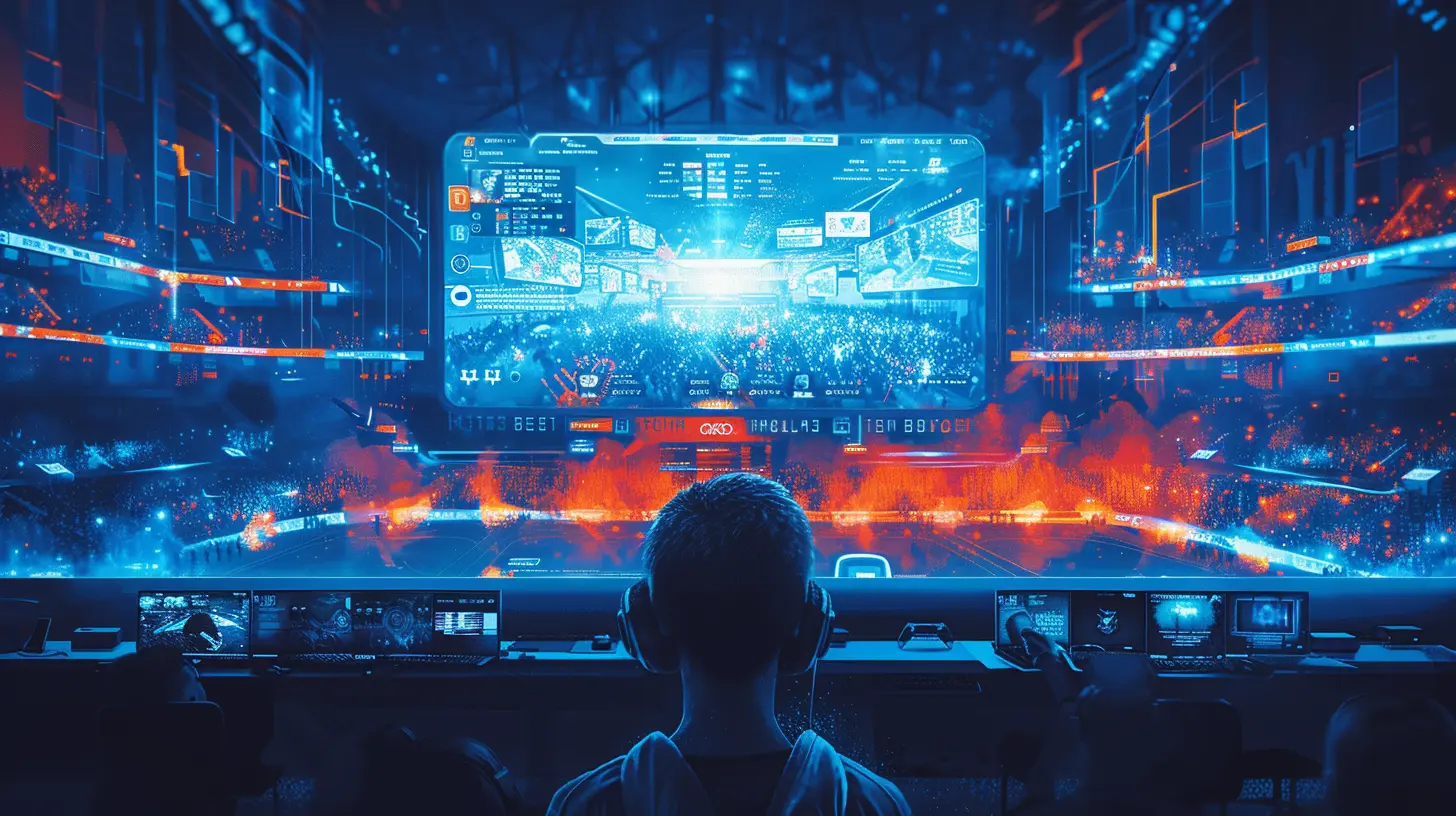
The Physical and Mental Rigors of Competitive Gaming
Let’s break another stereotype here: e-sports players are not lazy couch potatoes. At the top level, these athletes (yes, I said it) are putting in 10-12 hours a day training their reflexes, hand-eye coordination, and mental focus. And don’t even get me started on the pressure they face. Imagine playing in front of a live audience of tens of thousands while millions more watch online. One wrong move, and it’s game over—literally.There’s also a physical component to e-sports that people often overlook. The repetitive motions of gaming can lead to injuries like carpal tunnel syndrome, and players actively work on their posture and ergonomics to avoid long-term issues. Some teams even employ physical trainers and psychologists to keep their players in peak condition. If that doesn’t scream “professional sports,” I don’t know what does.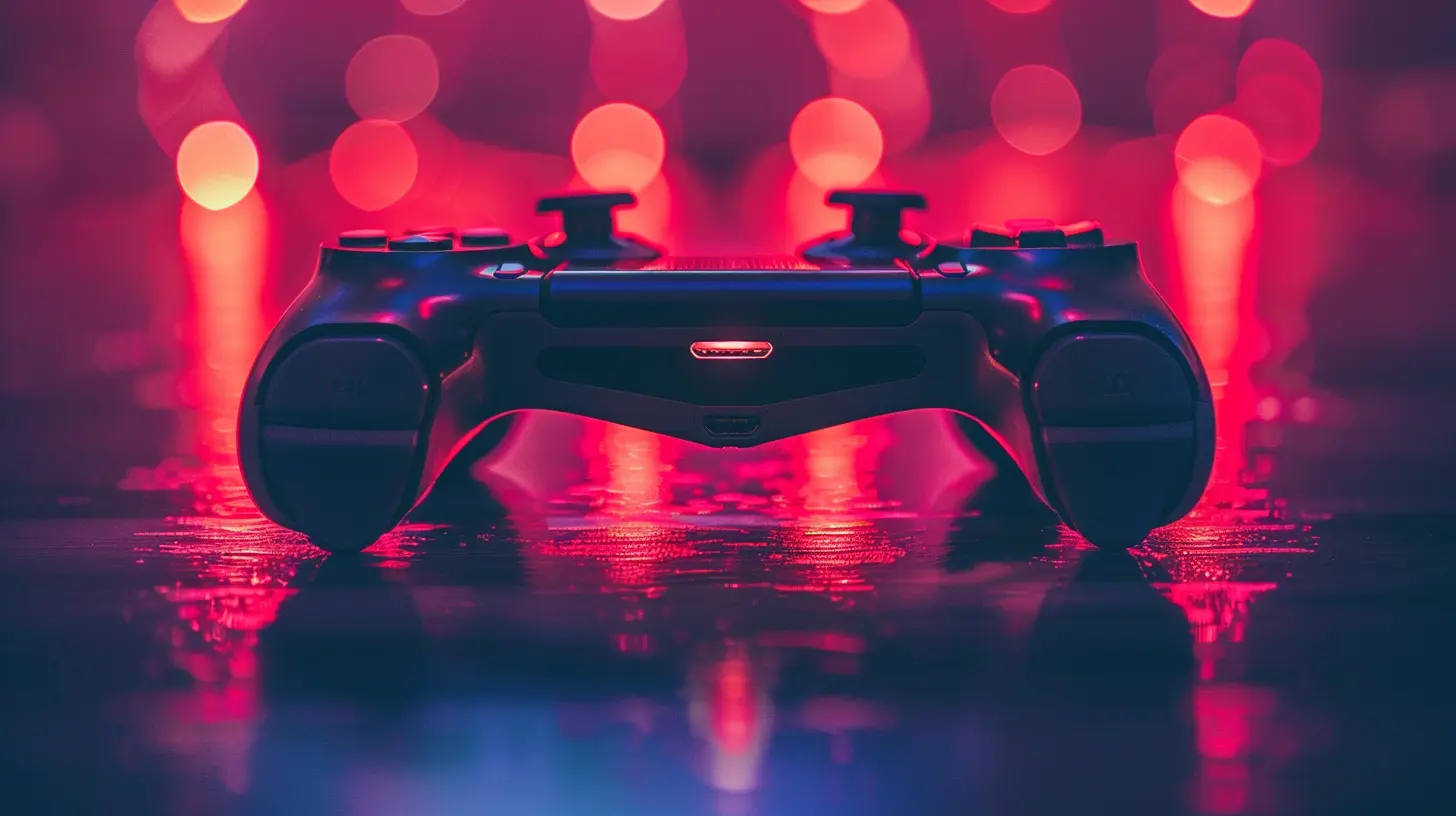
Breaking Down Barriers: Inclusivity and Accessibility
You know what’s seriously cool about e-sports? It’s incredibly inclusive. Unlike traditional sports that might favor certain body types or physical abilities, anyone can excel at e-sports with enough dedication and skill. Age, gender, and even physical disabilities matter far less in gaming than they do in, say, running a 100-meter dash.For example, the Paralympics already embrace adaptive sports, but e-sports could go one step further and create a truly level playing field for everyone. And let’s be honest, in a world that’s crying out for more inclusivity, wouldn’t it be amazing for the Olympics to lead the charge by recognizing e-sports?
E-Sports: A Digital Reflection of Olympic Values
The Olympic Games are supposed to celebrate human achievement, unity, and the pursuit of excellence. You know, all that good stuff. And guess what? E-sports embodies those values too! Gamers practice for years to get to the top of their field, collaborating with teammates from all over the world and inspiring fans to chase their dreams (whether in gaming or life).Take the teamwork, strategy, and sheer grit required to win a match of "Dota 2" or "Overwatch." It’s no less impressive than the coordination needed to win a synchronized diving event. Gamers are just swapping pools for pixels and water for Wi-Fi.
The Olympic Tradition Needs an Upgrade
Let’s not sugarcoat this: the Olympics are struggling to stay relevant with younger audiences. Ratings for traditional events are slipping, and many Gen Zers and Millennials are more likely to tune into a Twitch stream than a hurdle race. E-sports could be the golden ticket to engaging these digital-native generations.The International Olympic Committee (IOC) has already dipped its toes into gaming waters with events like the Olympic Virtual Series, but it’s time to stop flirting and make it official. Adding e-sports would bridge the gap between tradition and innovation, showing that the Olympics can adapt to the modern world while still honoring its rich history.
Overcoming the Controversies
Of course, introducing e-sports to the Olympics isn’t without its challenges. Critics often argue over which games should be included—violent shooters like "Counter-Strike" or strategy-heavy games like "StarCraft"? The IOC would need to set clear guidelines to avoid controversy, ensuring that the games chosen align with Olympic values.Another hurdle is the lack of a unified governing body in e-sports. Unlike traditional sports, where organizations like FIFA or the NBA set the rules, e-sports has numerous game publishers and leagues operating independently. But hey, big problems require big solutions, and the prospect of making gaming an Olympic event might just bring these stakeholders together.
The Future of E-Sports in the Olympic Games
So, what’s the verdict? Will we see "League of Legends" or "Rocket League" alongside gymnastics and swimming in the 2032 Olympics? Honestly, it feels like only a matter of time. E-sports is growing too fast and capturing too many hearts to be ignored for much longer.The key is for e-sports fans, players, and organizations to keep pushing the conversation forward. The more people realize the skill, dedication, and global impact of competitive gaming, the harder it will be to dismiss it as “just a game.” And who knows? Maybe one day, you’ll see your favorite gamer standing on a podium, gold medal around their neck, controller in hand.

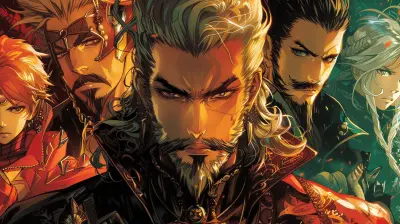

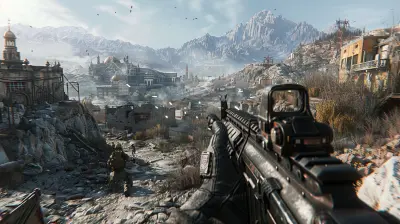

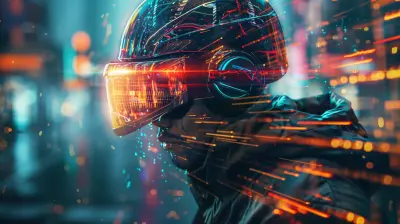


Chloe Vasquez
Imagine Olympic gamers dodging pixels while sipping energy drinks—gold medals, please!
April 7, 2025 at 3:59 AM